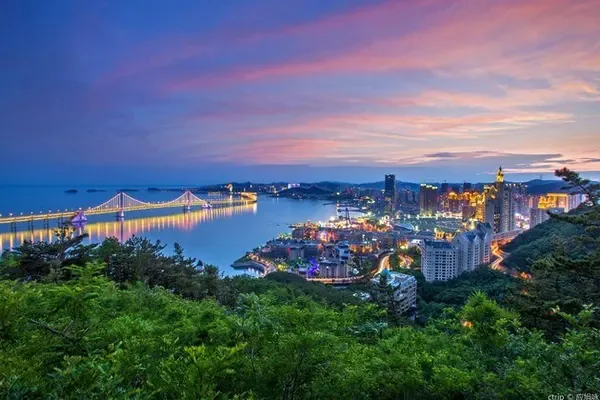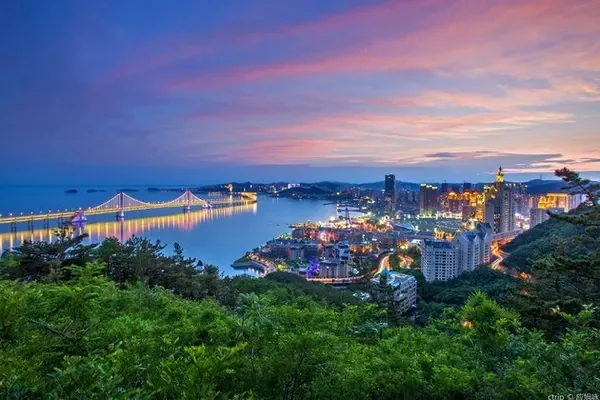China is so big, I want to visit it. Take you to a place you have been or have not been to.
Meet Hotan, a place with a story
In August 2008, I took a bus from Kashgar in southern Xinjiang to Hotan for more than 10 hours, and now I have already taken the train. Taking a bus in Xinjiang, especially in southern Xinjiang, due to the "time difference" of about two hours with Beijing, there is an interesting phenomenon, which is "Xinjiang time".


Speaking of Hetian, the first thing that comes to mind is Hetian jade, the best sheep fat jade in Hetian jade. Hetian jade is hidden under the Taklamakan Desert, buried deep on both sides of the Yulong Kashi River. Countless people covet the warmth of beautiful jade and fall in love with it.
The private jade trading market is crowded with people

According to legend, jade and women have something in common, so there is a local custom of red women picking jade. That is, under the moonlight, women go into the water naked to pick jade. Moonlight, river water, and jade are endowed with spirituality by women, and life seems to become emotional. Forget it now. Seeds are hard to find, so it would be nice to find a good stone in the river. Jade is also a beautiful stone.
Uighurs are good at doing business and pay attention to fairness in business transactions. Walking around the jade trading market casually, from time to time someone showed me the jade in his hand, and he might have regarded me as a jade buyer.


Hotan used to be called "Hetian", and in Sanskrit it was called "Qusadana", which means "breast of the earth". According to legend, the former king of Khotan did not suck human milk when he was a baby, but ate breast-shaped mountain milk. With the gift of heaven and earth, Kunlun became his father, and he became the proud son of the earth.
The earliest history of Hotan can be traced back to BC, when there were the states of Pishan, Khotan, Jimi, Qule, Jingjue, and Ronglu. Since the second year of Shenjue in the Western Han Dynasty (60 BC), the Western Han Dynasty established the Protectorate of the Western Regions, and the Hotan countries were under the protection of the Protectorate of the Western Regions, and they had continuous communication with the Central Plains. In 1959, Hotan was changed to Hotan.
Hetian Traditional Houses

Hotan borders the Kunlun Mountains in the south and borders the southern edge of the Taklamakan Desert in the north. Taklamakan is the second largest desert in the world and is known as the Sea of Death. However, there are large and small oases inlaid on the edge of the desert. Hotan is undoubtedly the pendant in the center of the oasis and the transportation hub of the South Silk Road. Cultures from various countries collide and communicate here, and scholars call it the "Pearl of the Orient" in the Western Regions.
In addition to Hetian jade, Edellais silk and handmade wool carpets are also known as the Three Treasures of Hetian. Hotan also produces the world's top pomegranate and China's top red dates.


In Hotan People's Square, there is a statue of an ordinary Uighur old man shaking hands with a great man. He is Uncle Kurban.

Uncle Kurban, whose full name is Kurban Turum, was born in Yutian County, Hotan Prefecture in 1883 as an orphan. He spent his childhood with the landlord's cattle and sheep. After growing up, in order to get rid of the life of being exploited and enslaved, Kurban Turum took his wife and fled to the desert and survived by eating wild fruits. Later, his wife and children separated, and he spent 17 years of savage life alone. Xinjiang was peacefully liberated in 1949, and Kurban became the master of the family. When he learned that it was Chairman Mao and the Communist Party that gave the people a happy life, he insisted many times on riding a donkey to Beijing to meet his benefactor, Chairman Mao. The villagers laughed at him for not knowing how far the road to Beijing was and how busy Chairman Mao was. His idea was no different from "water is dug out of the desert, and cotton grows in the sky." But Kurban made up his mind to meet Chairman Mao. He said: "Beijing is on the land. As long as my donkey does not fall down, I will be able to reach Beijing if I keep walking. If I can see Chairman Mao with my own eyes, I will be satisfied in my life." Xinjiang Secretary Wang Enmao is there. In order to fulfill his wish, Wang Enmao specially approved Uncle Kurban to fly to Beijing with the Xinjiang National Day tour group. On June 28, 1958, together with other model workers across the country, Kurban was cordially received by Chairman Mao in Zhongnanhai, Beijing.
In addition to the delicacies that are available in Xinjiang, Hotan also has two unique delicacies, baked eggs and Hotan baked buns.
To bake eggs is to slowly bake the eggs on a charcoal fire sprinkled with ashes, and keep turning them. The heat must be controlled well, otherwise the eggs will explode. The egg whites of the baked eggs are delicate and refreshing, and the yolks have a faint burnt aroma, which is a taste that can be remembered for a lifetime. Baked egg stalls are easy to find on the streets of Hotan.

Hetian baked buns are precisely grilled meat buns, which are baked naan stuffed with mutton and other seasonings, which is different from another kind of Xinjiang delicacies, which are square-shaped baked buns.


When I was eating Hetian baked buns on the street, I didn’t know how to put my mouth down, because the outer skin of the whole bun was baked brown, hard and smooth, and you can’t chew it if you can’t take it. Only after watching others eat it, you can use a sharp knife on the table to remove the naan crumbs stuck to the bottom of the barbecue buns. Then pierce the bun with a sharp knife to cut open the hard skin. In order to eat delicious food, you must "use a knife".
I can't name this kind of melon. This is how they eat.


What else do you want to eat? This is naan.

street hand pilaf


Walking alone in Hotan Bazaar (street market), I feel like a "foreigner". They are very friendly, and the little friends are also very cute.



Donkey carts are the means of transportation for them to visit the bazaar (bazaar) on their way. Motor vehicles are also common now.



What's this? This is a traditional crib in Xinjiang. When a child is born, he is on his own "bed". There are still many people in southern Xinjiang who like to use traditional cribs, which are similar to cradles.
There are not many scenic spots in Hotan, but it is a place with a story, let's make an appointment.
Please pay attention to more content, Lotto Leyou
Sohu account
NetEase
Baijiahao
fun headlines
Today's headlines
Daily Express
a bit of information
Know almost
Sina Weibo

